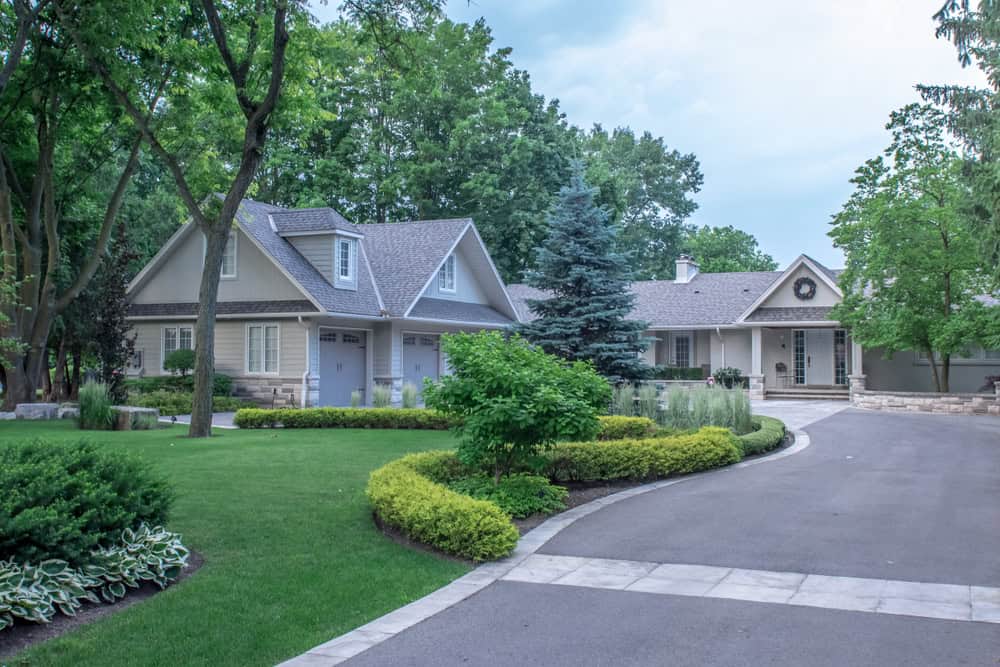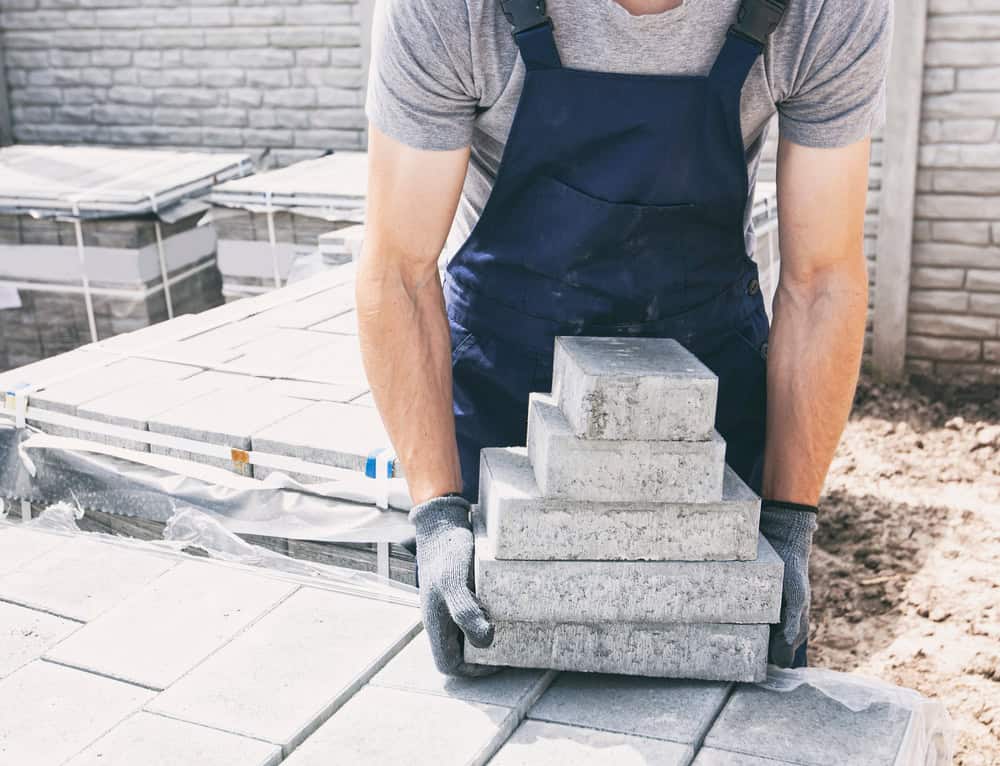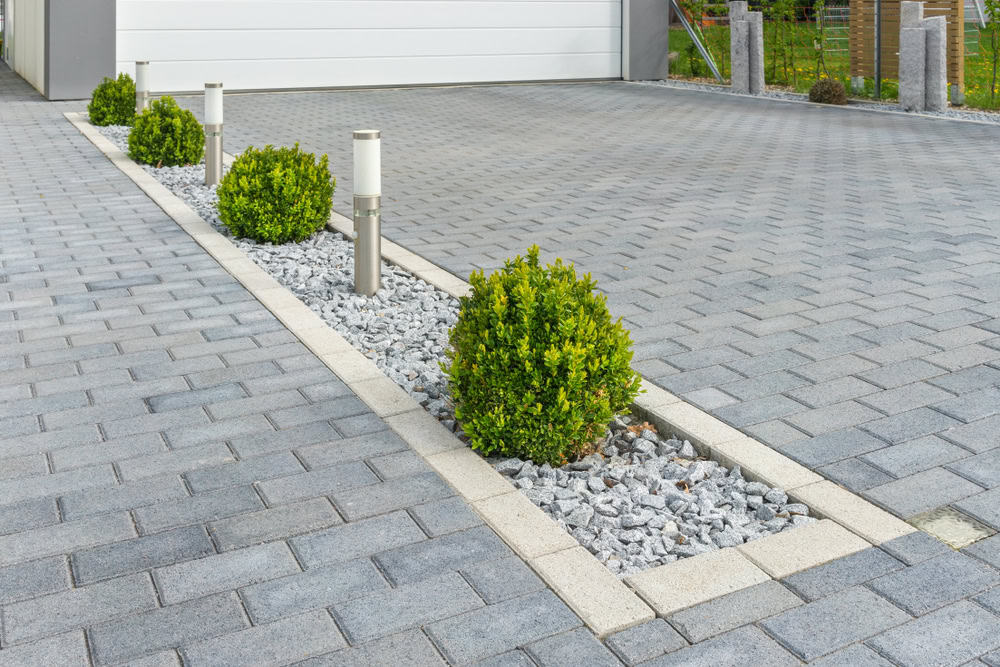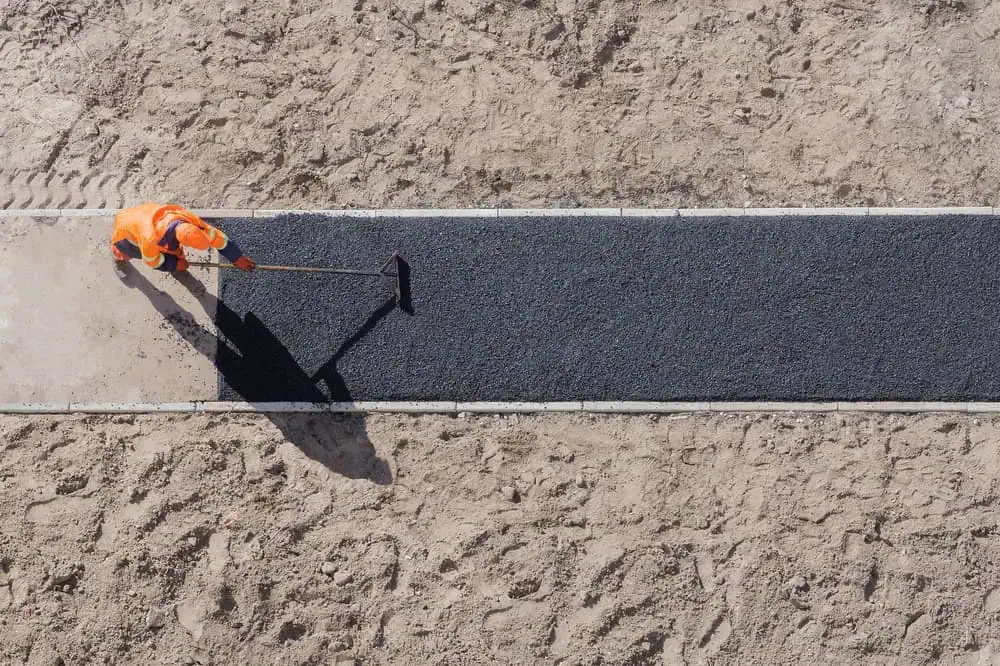Professional paver installation that increases your property value while creating the outdoor space you’ve always wanted.


You get an outdoor space that works for your life, not against it. No more cracked concrete that collects water and looks worse every winter. No more slippery surfaces that make you nervous when guests come over.
Quality paver installation means your patio, walkway, or driveway handles New England weather without falling apart. The materials we use are designed for freeze-thaw cycles, heavy snow loads, and the kind of weather that destroys cheaper alternatives.
Your investment pays off immediately in curb appeal and long-term in property value. More importantly, you get outdoor spaces you actually want to use – whether that’s hosting summer barbecues or simply having a safe, attractive entrance to your home.
Academy Masonry has been handling paver installations throughout Newton and the greater Boston area for years. We understand the specific challenges of working with New England soil conditions, local building requirements, and the weather patterns that affect long-term durability.
Our approach is straightforward: proper site preparation, quality materials, and installation techniques that last. We’re not the cheapest option in town, and that’s intentional. You’re investing in work that won’t need to be redone in five years.
We handle everything from small walkway repairs to complete patio and driveway installations, always focusing on what actually works in this climate and soil type.

Every project starts with proper excavation and base preparation – the part that determines whether your pavers will still look good in ten years. We remove existing materials, grade for proper drainage, and install a compacted stone base that won’t shift or settle.
Next comes the sand leveling layer and edge restraints that keep everything locked in place. Then we install your chosen pavers with precise spacing and alignment, followed by joint sand that gets swept and compacted into every gap.
The final step is sealing if you choose it, which enhances color and provides additional protection. The entire process typically takes 3-5 days depending on project size, and you can walk on most installations immediately after completion.

Ready to get started?
You get complete site preparation including excavation, grading, and proper base installation. We handle all the technical details like calculating proper slopes for drainage and installing edge restraints that prevent spreading over time.
Material selection includes helping you choose pavers that match your home’s style while meeting durability requirements for your specific application. We source from suppliers who understand New England weather demands, not big box stores selling materials designed for different climates.
Newton’s soil conditions require specific techniques for base preparation and drainage management. We adjust our methods based on your property’s unique characteristics, whether that’s dealing with clay soil that holds water or sandy areas that need extra stabilization.

Local Resources